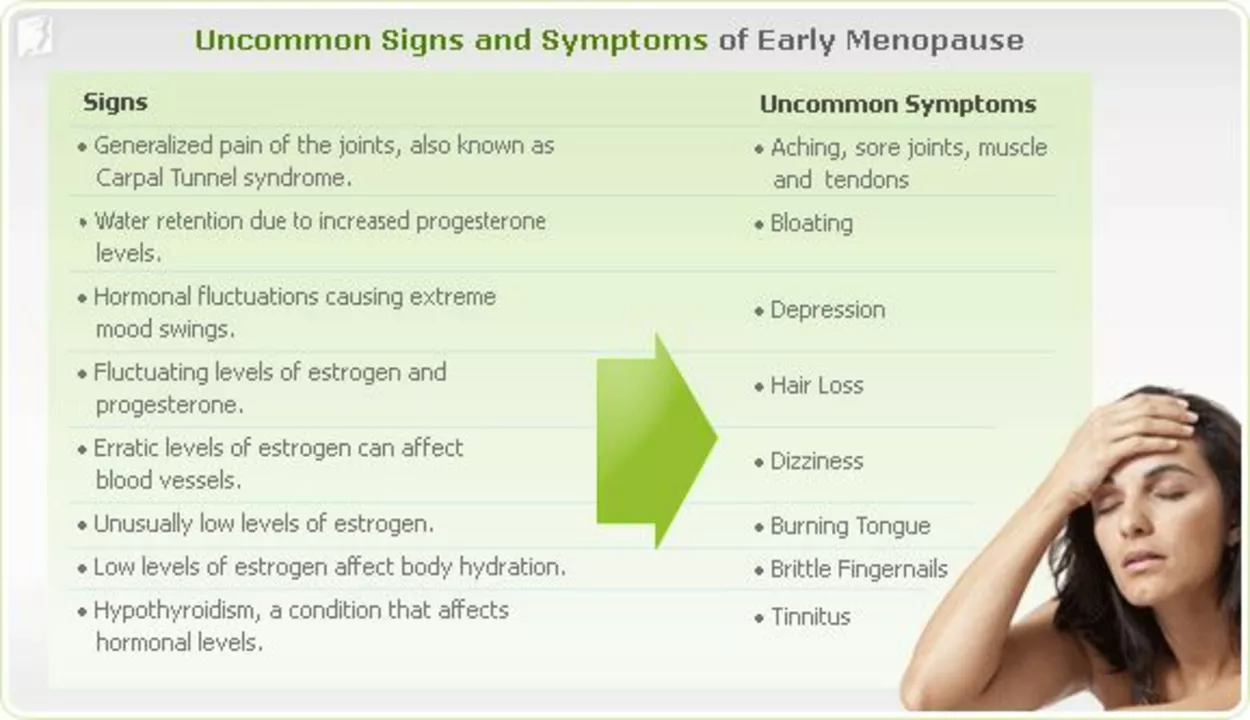How to Manage Symptoms Quickly and Safely
If a headache pops up during a meeting or your stomach starts acting up at the office, you don’t need to panic. Most everyday symptoms have straightforward tricks that work right away. Below are real‑world tips you can try before reaching for another pill.
Everyday Symptom Hacks
Headaches and tension: Grab a glass of water, dim the lights, and stretch your neck gently forward and back. A quick 5‑minute walk often clears the fog because movement boosts blood flow to the brain.
Acid indigestion at work: Skip the coffee right after lunch and choose a small snack like an apple or yogurt. Sit upright for at least half an hour; slouching puts pressure on your stomach and makes heartburn worse.
Seasonal allergies: Keep windows closed during high pollen days, shower after coming home, and use a saline nasal rinse. A cool compress over the eyes can cut down itching without needing antihistamines every time.
Mood swings or mild anxiety: Try the 4‑7‑8 breathing method – inhale for 4 seconds, hold for 7, exhale for 8. It calms the nervous system in under a minute and works anywhere you are.
Minor muscle soreness: Apply a warm compress or take a hot shower to relax tight fibers. Follow up with gentle stretching; static stretches after activity improve recovery more than aggressive rolling.
When to Seek Professional Help
These tricks are great for mild, occasional issues, but some signals mean it’s time to call a doctor. Persistent chest pain, sudden severe shortness of breath, or a fever that won’t break after 48 hours should never be ignored.
If you’re taking prescription meds like Cymbalta, Prozac, or any antidepressant and notice new side effects—like unexpected dizziness, swelling, or mood changes—talk to your prescriber ASAP. Mixing over‑the‑counter remedies with prescription drugs can cause surprises.
For chronic conditions such as asthma, COPD, or ongoing digestive problems, keep a symptom diary. Note what you ate, activities, and how you felt. This record helps doctors spot patterns and adjust treatment faster.
Lastly, trust your gut—literally and figuratively. If something feels off, even if it’s just a lingering cough or mild nausea that won’t quit, schedule an appointment. Early detection prevents small annoyances from becoming big health scares.
Managing symptoms is mostly about listening to your body and using simple tools before reaching for the pharmacy shelf. Keep water handy, move regularly, and know when professional care is the right move. With these habits, you’ll stay in control of everyday aches, pains, and mood dips without unnecessary stress.
Aripiprazole and Menopause: Can it Help Manage Symptoms?
In my latest blog post, I explored the potential connection between Aripiprazole and menopause, specifically whether it can help manage symptoms. Aripiprazole, an antipsychotic medication, has shown promise in treating various mental health conditions. Some studies have indicated that it might be useful in managing mood swings and emotional symptoms associated with menopause. However, more research is needed to validate these findings and understand potential side effects. I encourage you to read the full article for a deeper understanding of how Aripiprazole might play a role in easing menopausal symptoms.
More
